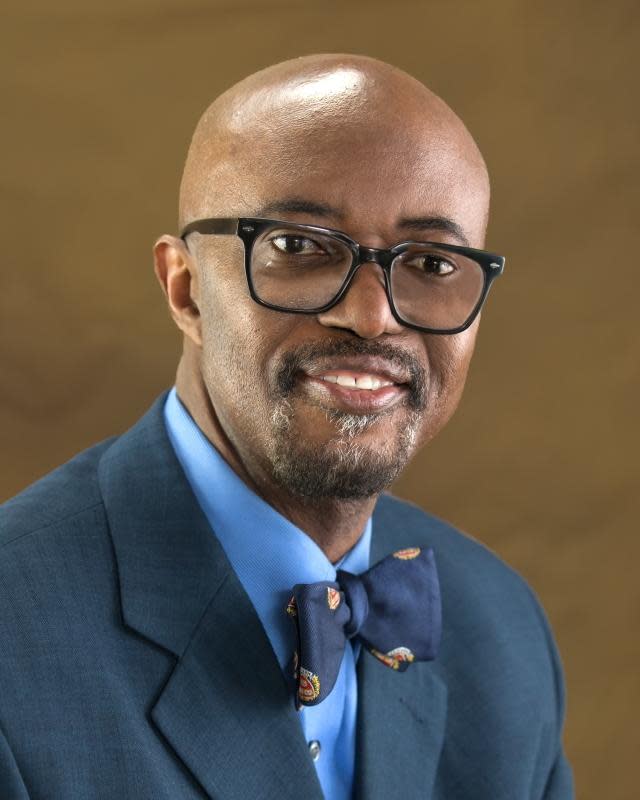Kojo Quartey: World economic crisis and meeting the Sustainable Development Goals

Last week I wrote about the Millennium Development Goals (MDGs), a set of eight goals the world (United Nations) set in 2000 to eradicate world hunger and extreme poverty by 2015. While these goals were not achieved, significant progress was made.
This week, I turn to the Sustainable Development Goals (SDGs), which are current goals set in 2015 as a follow-up to the MDGs – the 2030 Agenda for Sustainable Development.
The United Nations SDGs website states, “…ending poverty and other deprivations must go hand-in-hand with strategies that improve health and education, reduce inequality, and spur economic growth – all while tackling climate change and working to preserve our oceans and forests.”
The 17 goals are provided in summary form as: 1. No poverty, 2. Zero hunger, 3. Good health and well-being, 4. Quality education, 5. Gender equality, 6. Clean water and sanitation, 7. Affordable and clean energy, 8. Decent work and economic growth, 9. Industry innovation and infrastructure, 10. Reduced inequalities, 11. Sustainable cities and communities, 12. Responsible production and consumption, 13. Climate action, 14. Life below water, 15. Life on land, 16. Peace, justice and strong institutions, 17. Partnerships for the goals.
Every year, the U.N. secretary general presents a report on progress toward the SDGs. These are critical and serious issues which if not resolved, endanger our entire world and hundreds of millions of its inhabitants. These reports are compiled by the United Nations based on data from over 200 countries.
Here are the highlights of the 2022 report.
COVID-19 has wreaked havoc across the goals and its effects are still far from over.
More than four years of progress in alleviating poverty has been erased by COVID-19.
COVID-19, climate change and growing inequalities are converging to undermine global food security – about 1 in 10 people worldwide are suffering from hunger.
COVID-19 is threatening decades of progress in global health – 22.7 million children missed basic vaccines in 2020 – 3.7 million more than in 2019. Also, tuberculosis deaths rose for the first time since 2005.
COVID-19 has deepened a global learning crisis – 147 million children missed over half of in-person instruction in 2020-21.
The world is on the verge of a climate catastrophe – rising global temperatures have led to heatwaves, droughts, wildfires, floods, etc.
Global greenhouse emissions will increase by nearly 14% between 2010 and 2030 under current national commitments to climate action – but they need to be reduced by 43% by 2030 to limit warming to 1.5 Celsius.
Unsustainable patterns of consumption and production are the root causes of climate change, biodiversity loss and pollution – our largest ecosystem, the ocean is endangered, and species extinction is increasing at unprecedented rates.
The war in Ukraine is creating one of the largest refugee crises of modern times – as of May 2022, over 100 million people worldwide have been forcibly displaced from their homes.
The Ukraine crisis has caused food, fuel and fertilizer prices to skyrocket and further set back global economic recovery
Many developing countries are disproportionately impacted as they struggle to recover economically while facing more debt, inflation, rising interest rates and lower national incomes.
Women have suffered a greater share of job losses combined with increased care work at home. In 2019, women accounted for 39% of total employment, but 45% of global employment losses in 2020.
Worldwide, 160 million children were engaged in child labor in 2020, with an additional 9 million at risk of being pushed into child labor by the end of 2022.
While these crises have forced new ways of thinking and opened up new opportunities, i.e., increase in those using the internet, there must be accelerated global-scale action to end conflicts, safeguard the environment and transform the international financial architecture. Our world is in crisis, and it will take every nation and individual to do their part in order for us to succeed. The SDGs roadmap is one that all must embrace in order for the world to weather the storm and come out stronger and better together.
Kojo Quartey is president of Monroe County Community College and an economist.
This article originally appeared on The Monroe News: Kojo Quartey: World economic crisis and meeting SDGs

